Yet again I was reminded today that so many people involved with public relations (PR)[1] simply fail to understand how media works in 2012 – and fail to understand how one simple step could help them help other people tell their story!
As is the case most days, I received another batch of news releases[2], and there was one in particular I wanted to write about… but…
There was NO URL to where the news release was posted on the Internet!
Here’s the thing… I write articles on my various sites. In doing so, I like to link to original sources. I’m generally NOT simply going to post your news release verbatim… I want to provide some context or commentary – but I want to provide a link back to the news release for any readers who want to read what the company/organization said.
Usually this takes the form of something like:
blah, blah, blah… As company XYZ indicated in a news release today, they will be… blah, blah, blah…
I like doing this as a way of citing an original source.
But to do this… I NEED A URL!
If you as a PR professional do not include a link to your news release in the email you send me, that means I have to dig for one. I have to go and try to find it on your site.
Odds are with the very little time I have for most of my writing, I’m not going to do that! Unless I am extremely interested in writing about your topic. I’m simply going to move on and write about something else.
Here I am… offering to give you a free link… to send people over to your site. TO SEND YOU TRAFFIC!
And you’re missing that opportunity!
Yeah, Dan, but how many people actually read your site, you say? After all, I’m not __<insert name of big site>__.
Well, while my site may or may not send you much traffic, given that you are spamming me with an email you probably sent to a thousand other potential “media”, you’re potentially missing out on getting easy links from thousands of other people, too!
A Very Simple Recipe
Here’s a VERY simple recipe for doing this right:
1. Publish your news release on YOUR site. You do have an area of your (or your client’s) site where you post news releases, don’t you?[3]
2. Visit the news release web page on your site using your web browser.
3. Copy the web address from your browser. (That would be the “URL” if you don’t do geeky three-letter acronyms.)
4. Paste the web address into the news release email.
5. Spam your message out to me and everyone else, because clearly you don’t have enough time to do PR correctly and target your messages appropriately.
Okay, step #5 may be a bit snarky… because in truth I’ve seen messages that have been targeted (and even individually tailored to me) that have still failed to include a URL.
A Bonus!
Here’s another tip about why you might want to include a URL. I might not have the time – or interest – to write about your news release today. But I still might think it would be of interest to my “audience” of people who follow my site.
So while I might not post my own article, I might pass along your news via Twitter, Facebook, Google+, etc.
But to do that, what do I need???
That’s right… a LINK!
So by you failing to include a URL you’re missing a moment when I might, right then, tweet out or post about your news release!
Instead I’ll either have to try to find a link (which I may or may not do), or wait until sometime later when I see someone’s post about your news.
Either way you lost my moment right then when I might have acted and helped spread your news.
Fix The Process!
Now, when I’ve asked some PR people why they have failed to send out a link in their email, often the comment is that “it takes a while” to publish the news release to the company/organization’s site. They’ve wanted to get the word out quickly when the news release goes on the wire… and don’t want to wait for whenever the company’s web or IT team gets around to getting the page up on the site.
So FIX THAT!
This is 2012, people!
If your website is not up to the task of dealing with real-time publishing of content, maybe you need to be asking some tough questions about your site.
Pretty much every content management system (CMS) I am aware of has some mechanism for scheduling content publishing in advance. WordPress, Drupal, Joomla, others… they all have it either built-in or available as an add-on. You should be able to get the news release loaded into the website and even get the URL that the news release will be available at. Then, when the news release goes live, you can be all ready to send out your spammy email to everyone pointing them to your site.
You’re already loading the news release text into a wire service web interface to distribute it… why can’t you (or someone within your organization) also load it into your own site and queue it for publication at a specific time?
This is NOT rocket science or quantum physics.
If the “web team” or “IT team” won’t let you load it into the site – or has some other issue making the content available at a specific time or at the very least getting you a URL – well, that is a process issue.
Fix it!
Send me and everyone else a URL to where your news release is posted on your site.
Help us tell your story!
One simple step.
Stop making excuses.
Do it!
P.S. And no, I did not write about that news release I saw this morning because the PR person did not include a URL… and I spent my time writing this rant instead! 🙂
P.P.S. And for bonus points, you can even go a step above your other PR peers and have the link you send me also have links to company logos, quotes, photos, videos… other things you might want me to potentially include in my article. It could be a full-blown “social media news release” – or it could just be a set of easy-to-find links in the sidebar next to your news release. Help me tell your story! Make it super easy for me to do… and odds are I will!
[1] When I say “people involved with PR”, I do not mean only people at PR agencies. It could be someone on staff or contracting for a company/organization… basically anyone sending out email messages promoting news releases.
[2] NONE of which were actually targeted to me, but rather just spammed out there… but that’s another “PR101” topic for another day.
[3] Some people do send out URLs to the news release on distribution services like PR Newswire or Marketwire and while that’s at least a link we can use, why send traffic to the distribution services site? Why not send it to your site instead? Where it can be surrounded in your branding and your other links?
Image credit: _maracuja on Flickr
If you found this post interesting or useful, please consider either:
 Want another sign of the way the Internet has changed journalism? Just look at the sheer number of live video streams coming out of the Democratic National Convention when it starts today! Or look at the live streams that were from the Republican National Convention last week.
Want another sign of the way the Internet has changed journalism? Just look at the sheer number of live video streams coming out of the Democratic National Convention when it starts today! Or look at the live streams that were from the Republican National Convention last week.


 Something’s gone missing from hotel rooms these days. In fact, I haven’t seen it for quite some time. It used to always be there… and as a lover of writing I’d use it now and then. It was a fun way for me to stay in touch with those back at home.
Something’s gone missing from hotel rooms these days. In fact, I haven’t seen it for quite some time. It used to always be there… and as a lover of writing I’d use it now and then. It was a fun way for me to stay in touch with those back at home.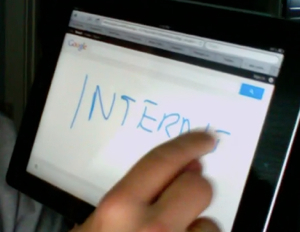 Okay, I admittedly find this pretty cool… you can now enter search queries into Google on a tablet or mobile phone just by writing anywhere on the screen!
Okay, I admittedly find this pretty cool… you can now enter search queries into Google on a tablet or mobile phone just by writing anywhere on the screen!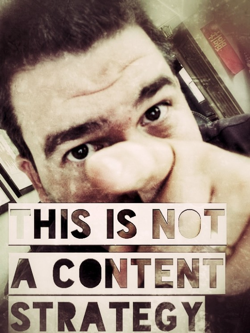
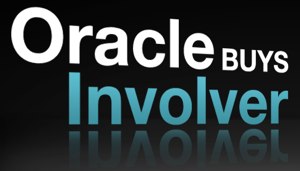
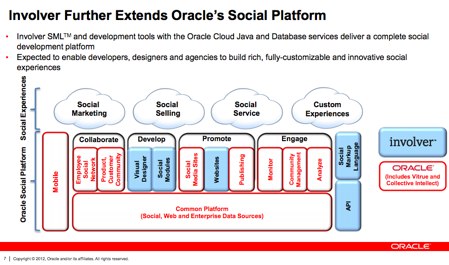



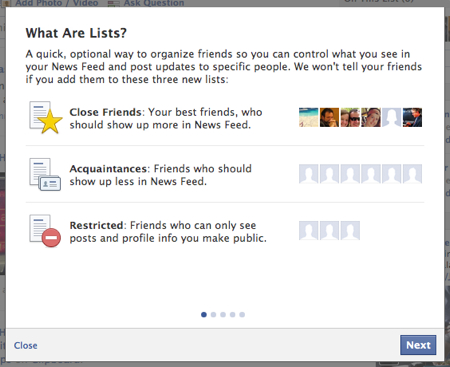
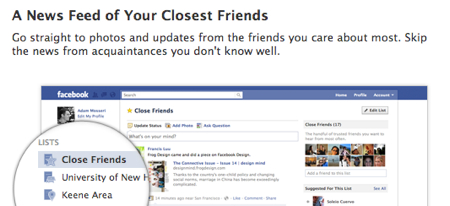
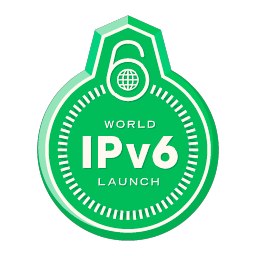 With
With